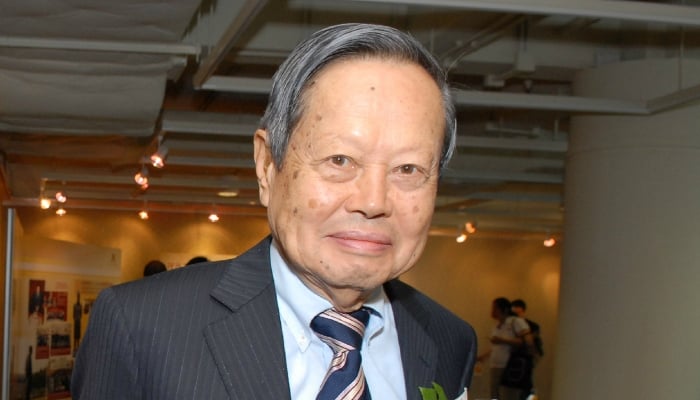
Chen Ning Yang, Nobel laureate and one of the world's most renowned and influential physicists, has passed away at the age of 103.
An obituary released by the Chinese state media revealed that Yang died after suffering from illness.
The physicist and fellow theoretical physicist, Lee Tsung-Dao, were jointly awarded the Nobel Prize in Physics in 1957 for their work in parity laws, which led to important discoveries regarding elementary particles, the building blocks of matter.
Yang was also a professor at Beijing's prestigious Tsinghua University and an honorary dean of the Institute for Advanced Study at the institution.
Born in 1922 in China's eastern Anhui province, he was raised on the campus of Tsinghua University, where his father was a professor of mathematics.
Yang had dreamt of winning a Nobel Prize since he was a teenager, and he achieved that dream at the age of 35, when his work with Lee earned them the honour in 1957.
The Nobel committee praised "their penetrating investigation... which has led to important discoveries regarding the elementary particles," reported BBC.
Yang received his science degree in 1942 from National Southwest Associated University in Kunming and later completed a master's degree at Tsinghua University.
At the end of the Sino-Japanese War, he travelled to the US on a fellowship from Tsinghua and studied at the University of Chicago, where he worked under Italian physicist Enrico Fermi, inventor of the world's first nuclear reactor.
Throughout a prolific career, he worked across all areas of physics, but maintained particular interest in the fields of statistical mechanics and symmetry principles.
Yang received the Albert Einstein Commemorative Award in 1957 and was also awarded an honorary doctorate by Princeton University in 1958.












